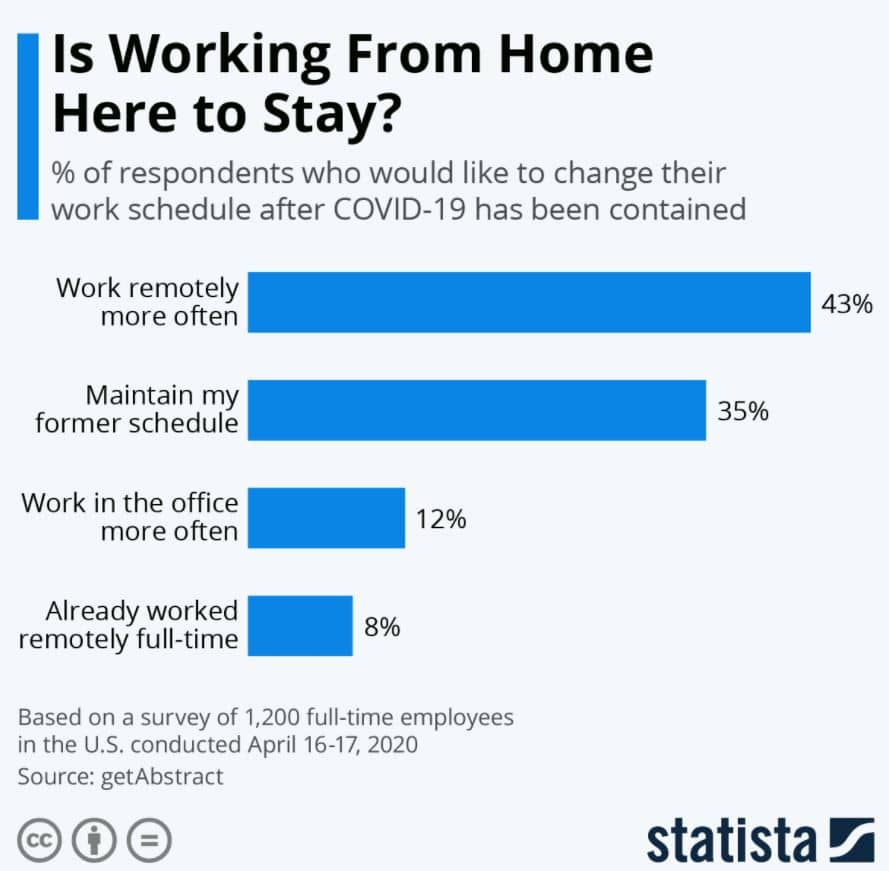Throughout much of the world, modern business is thoroughly embedded into society.
Businesses are not really separate entities like they once were – they’re alive, breathing, and form part of our social value system – or at least that’s what they aim to do.
The reality of big business and its role in society today is murky, and arguably getting murkier by the year.
Social and environmental trends are amassing increasing pressure on businesses to refine their moral and ethical principles whilst consumers take ethical purchasing decisions into their own hands.
Here are 4 social trends that will shape businesses through 2022 and beyond.
We’re in the midst of a small business renaissance that seems led by consumer demand. Data from primarily western countries is showing that people have a great desire to support small businesses, preferably local businesses:
So why is small business power rising inexorably? Two main reasons:
Takeaway: Small businesses and startups have a naturally advantageous position going forward, so long as they play their strengths in supporting important causes.
Environmental responsibility and ethical purchasing motives are no longer curtailed to a small minority and are instead becoming mainstream. There is an expanding demographic of people who simply refuse to purchase disposable plastic products, or products made with blatant environmental or social impacts. Furthermore, environmentalism is becoming a fully globalized concept with a wider consensus.
Major media outlets and new publications are joining the resistance against big businesses who fail to take their environmental responsibilities seriously, as we can see from this article in Forbes and this article in the Financial Times. Whilst colossal businesses are likely too big to fall under such pressure, there really is no telling how secure the future is for businesses that fail to address environmentalism in a sincere manner.
Takeaway: The environmental screw is forever tightening and businesses that sleep on their environmental impacts face increased risk going forward.
The coronavirus pandemic accelerated something which was already happening, the rise in working from home and remote teams setups.
Remote teams are not without their challenges but we’ve covered these in two articles on the rise of the gig economy and how to make remote working work for your business.

In a nutshell, though, businesses can benefit from remote teams by seizing the opportunity to locate talent and skills beyond the traditional local hiring area.
Whilst this might seem like a continuation of outsourcing, which has been around for decades, the new globalized workforce is one of agile, short-term contracts, freelance, and gig working relationships.
Takeaway: Remote working is here to stay, so look to take advantage rather than sticking to monolithic recruiting and HR processes.
Many large businesses are setting up social enterprises as side projects, such as the Pepsico WaterAid collaboration and Amazon Smile.
Whilst the virtue and merit of some of these schemes vary, it represents a trend towards the further integration of business with society and its various problems. Striking up collaborations with NGOs and charities at a local, regional, national and international scale is likely to place businesses in good stead amongst millennials, Gen Zs, and beyond.
Takeaway: Businesses need to do their bit for others, and customers are becoming increasingly savvy at discerning whether these efforts are sincere or not.
Social enterprise, environmentalism, and further digital globalization are likely for 2022 and beyond with a particular focus on integrating businesses with charitable causes and projects that drive value for people beyond products.
Whilst the pressure is on big businesses to show that their interest in some of these values is more than just skin deep, small businesses are championing trends, taking advantage of their grassroots status and link to communities.